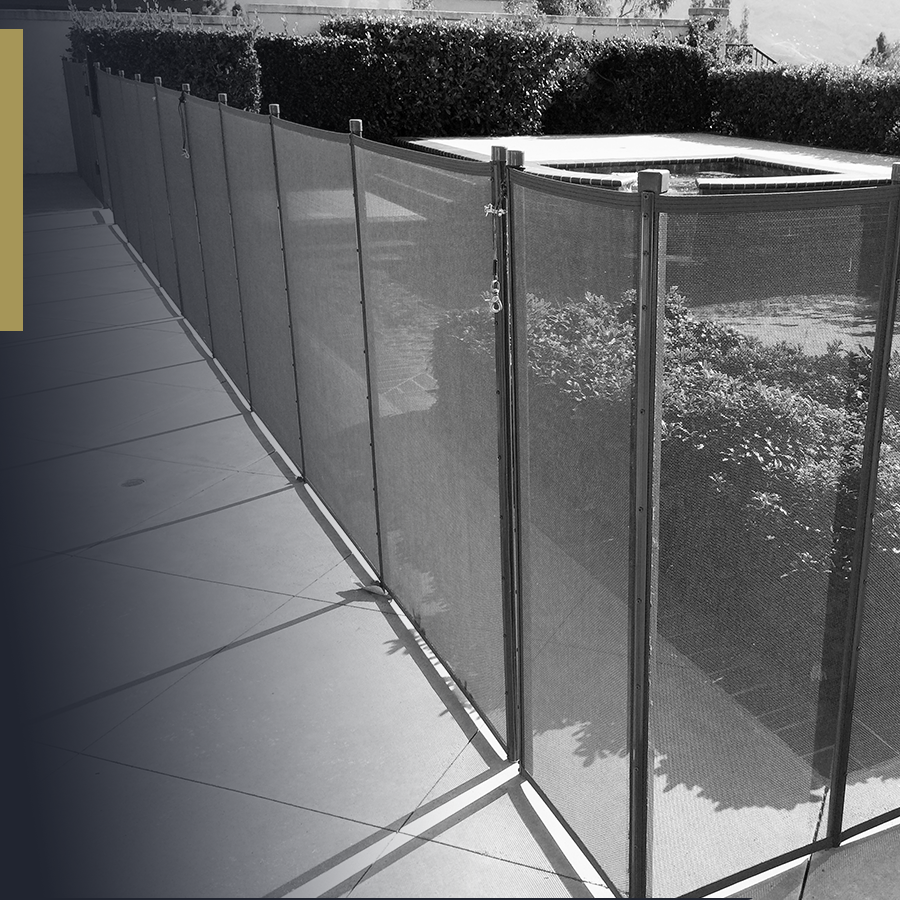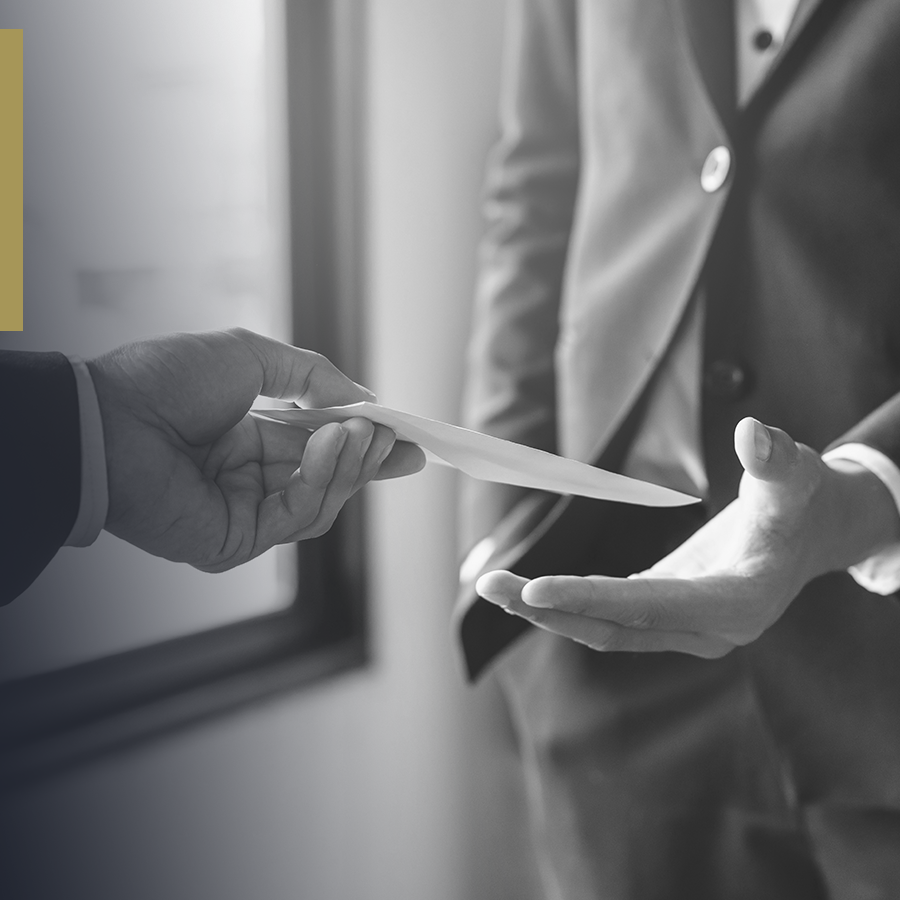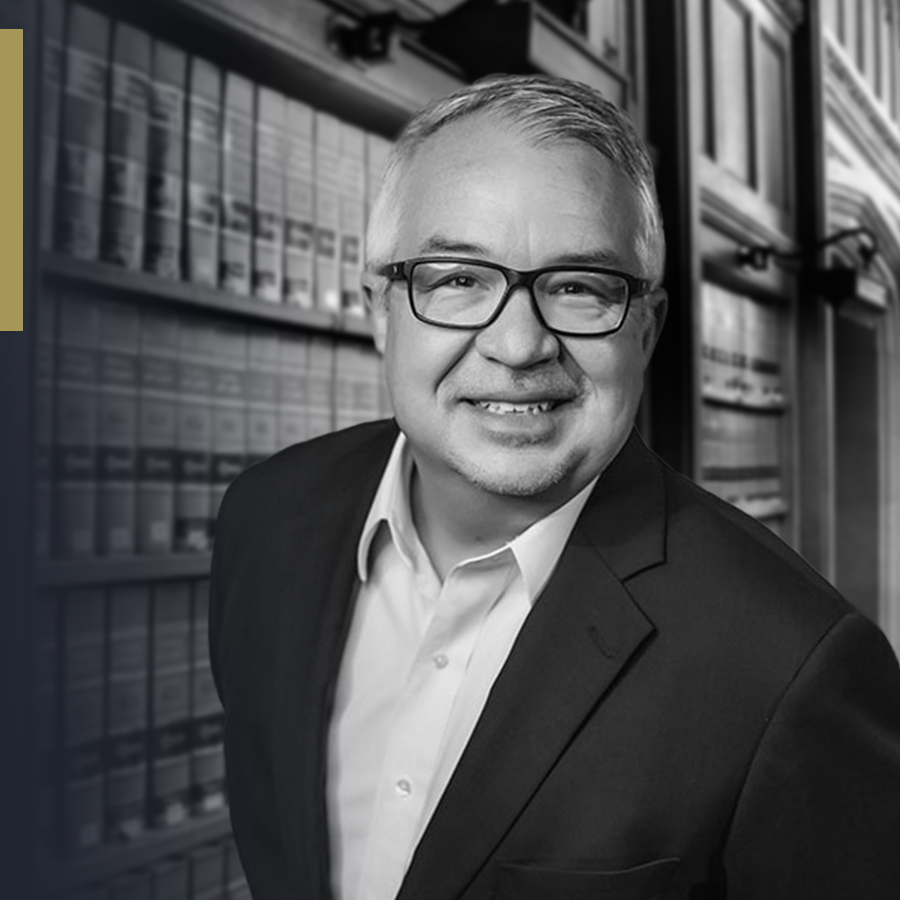What is Premises Liability?
What is Considered Premise Liability?
Henry County Premises Liability Attorney

Georgia Code § 51-3-1 states: “Where an owner or occupier of land, by express or implied invitation, induces or leads others to come upon his premises for any lawful purpose, he is liable in damages to such persons for injuries caused by his failure to exercise ordinary care in keeping the premises and approaches safe.”
This statute outlines a legal responsibility known as premises liability.
Essentially, it means that property owners have a responsibility towards people who enter their space. But what, exactly, does that mean? And how does it apply to McDonough residents?
What is Premises Liability?
Public places (like stadiums, parks, shopping centers, concert venues, and more) have a duty of care towards their visitors. This legal obligation requires business owners, tenants, property managers and event organizers to maintain a standard of reasonable care and mitigate the harm that could befall visitors to their property.
This law applies both to publicly-operated (like parks and museums) and privately-owned spaces (like stores and homes).
If you own or operate a property in Henry County and invite guests onto the premises, you must ensure that the site is free from hazards, and that the grounds are secure.
A person who is injured while visiting a public amenity, business, or private residence may be able to hold the property owner liable for their injuries.
This law applies to anyone who is legally present on a property; the statute may not apply if a person is injured in the commission of a crime.
If you or a loved one was hurt on the property of another person or a business and you believe the injury stemmed from negligence, you may be entitled to financial compensation.
What Are Some Examples of Premise Liability?
Premise liability covers many different scenarios. A personal injury law firm like ours that is located in McDonough would be able to help you if you:
- Dislocated your hip due to a broken stair at a store
- Were involved in a robbery in a parking garage
- Were sexually assault in an apartment complex
- Suffered a head injury after tripping on a broken sidewalk
Slippery floors, faulty handrails, and poor lighting could lead to premises liability claims. To avoid injuries (and mitigate lawsuits) property owners should maintain their grounds and repair any broken or damaged elements of their space.
In some cases, the property owner may not be considered liable, or there may be multiple responsible parties.
If a store or public amenity is run by a property manager, tenant, or superintendent, any of these parties may be deemed accountable for the injury, depending on the circumstances.
Premise liability also covers other types of claims, including negligent security and attractive nuisances.

What is Negligent Security?
Public spaces must take precautions to keep guests safe from violent attacks. If a visitor to a property is injured by violence, and the owner or manager of the property did not take steps to secure the grounds, they could be found guilty of negligent security.
If the manager of a property is aware of a lapse in their security systems, they must have the issue resolved promptly. Streetlights should have working bulbs, exterior doors should lock properly, and gates should be in working order.
Additionally, any employees or contractors in a space should be properly vetted.
Imagine a tenant in an apartment complex has several uncomfortable interactions with a maintenance man on staff. She believes he has been watching her, and she makes a report with the front office. The employee is retained. Two weeks later, he breaks into her apartment and sexually assaults her.
In this case, management could be held liable for the attack, as they were aware of the threat and ignored it. The perpetrator would still be prosecuted for the attack, but the assault may not have occurred if the property owner had taken steps to keep their tenants safe.
Is My Property an Attractive Nuisance?
Property owners have a responsibility to secure items on their property that might attract the attention of a child. Children are drawn to structures like trampolines, swimming pools, and tool sheds, and they should be inaccessible.
Adults are generally not protected by the law if they are trespassing on another’s property.
However, Georgia’s laws include provisions for children, who are often unaware of these social mores.
If a child wanders into a person’s backyard and drowns in their pool, the homeowner could be found guilty of having an attractive nuisance. To mitigate this risk, property owners should attempt to secure such structures. That could mean fencing-off a pool, putting a net around a trampoline, or putting a lock on a shed.
Contact us today
Schedule a confidential consultation.
How Can a Lawyer Help You Win a Premise Liability Case?
In order to win a case of premises liability, your McDonough premise liability lawyer will have to prove the following:
- The property contained a safety hazard
- The property owner, manager, tenant, or superintendent was aware of this safety issue, or should have been aware in the course of their daily operations
- The property owner, manager, tenant, or superintendent did not take steps to remove the problem and did not warn guests of the hazard
- The safety hazard directly contributed to your injury
While your case may seem straightforward, proving negligence in a court is quite difficult.
An experienced lawyer can help you establish that neglect occurred. They will also take on the task of researching and preparing your case, so you can rest and recover.
Your attorney will collect and review any evidence, such as police reports, security camera footage, medical records, photos of the accident scene, and witness statements. They will also subpoena documents, if necessary.
They will also research the defendant (or defendants) to find out if they have a history of negligence. If similar accidents or attacks have occurred on their property, that will help establish your case.

What Compensation am I Entitled?
If negligence is established, compensation could be awarded in the form of “damages.”
Damages are monetary compensation for injury or loss caused by another’s misconduct.
In Georgia, there are three kinds of damages:
- Special Damages: reimbursement for medical expenses, lost wages, or property damage. These losses can be calculated to a specific dollar amount.
- General Damages: reimbursement for things that cannot be given a specific dollar amount. This includes pain and suffering and mental anguish.
- Punitive Damages: reimbursement for losses where the defendant acted with “willful, wanton or malicious misconduct.” These damages are meant to deter certain conduct, like driving under the influence (DUI). They are only awarded in specific circumstances.
There is no cap on damages in Georgia; the State Supreme Court ruled in 2010 that damage caps are unconstitutional.
The amount of damages you could receive is highly variable, and will be different for every case. The severity of your injuries and any history of negligence from the defendant will impact the amount you could recover.
At a minimum, your lawyers will attempt to recover any money you spent on medical bills and lost wages from missing work.
Will My Premise Liability Case Go to Court?
Before a case goes to court, your lawyers will attempt to negotiate a settlement with the opposition. Agreeing to a settlement will save time and resources for both parties and is usually the desired outcome.
About 96% of all premise liability cases are settled without reaching a courtroom.
If the two sides cannot reach a settlement, your attorneys will file a lawsuit on your behalf.
Because premises liability lawsuits are often brought against companies, the defense may have access to a well-funded legal team. Corporations frequently have in-house counsel whose main purpose is to shoot down litigation.
This is another reason it is imperative to have representation for your suit. Such legal proceedings are long and tedious and will likely drag on for months. Your odds of winning your case are better if an expert is at the helm.
While settling out of court is generally preferred, there are benefits to proceeding to trial. The discovery process stipulates that the plaintiff and the defense must share information with each other in advance. Your legal team will have access to the defendant’s internal records concerning your case.

McDonough’s Best Premise Liability Law Firm
If the negligence of a McDonough property owner, manager, landlord, or superintendent caused you to be hurt, you are not responsible for any costs related to your injury.
All Georgians have the right to visit public and private properties without the threat of injury or violence. If you or someone you love was injured in a store, park, shopping mall, parking garage or stadium, you may be eligible for compensation.
The statute of limitations is 2 years for premises liability cases; do not wait any longer to speak with a local personal injury lawyer and learn if you have a case.
Call 678-610-6624 for a free case evaluation from McDonough’s best premise liability law firm, Scott Key & Associates.
Contact us today
schedule your free case evaluation